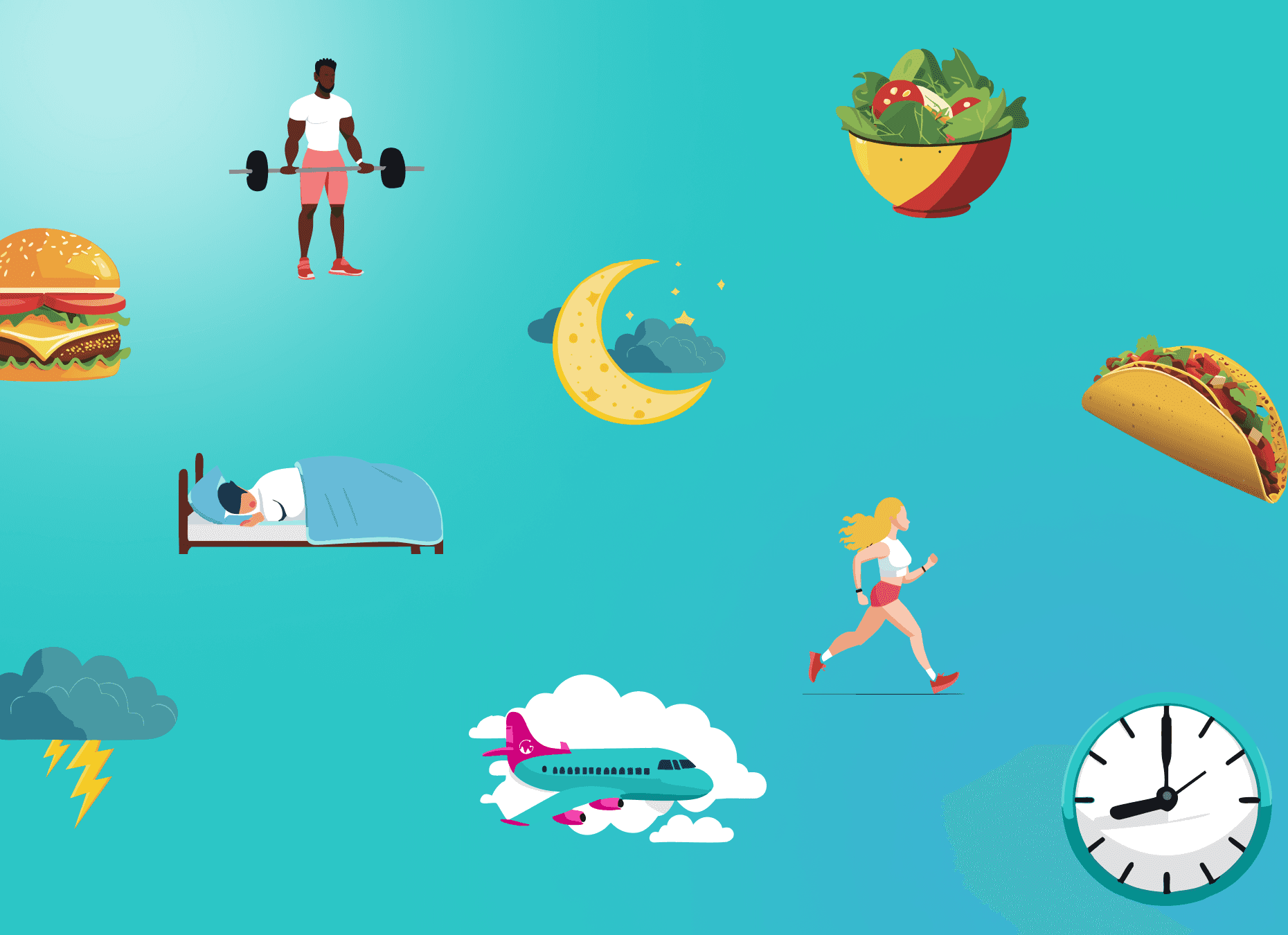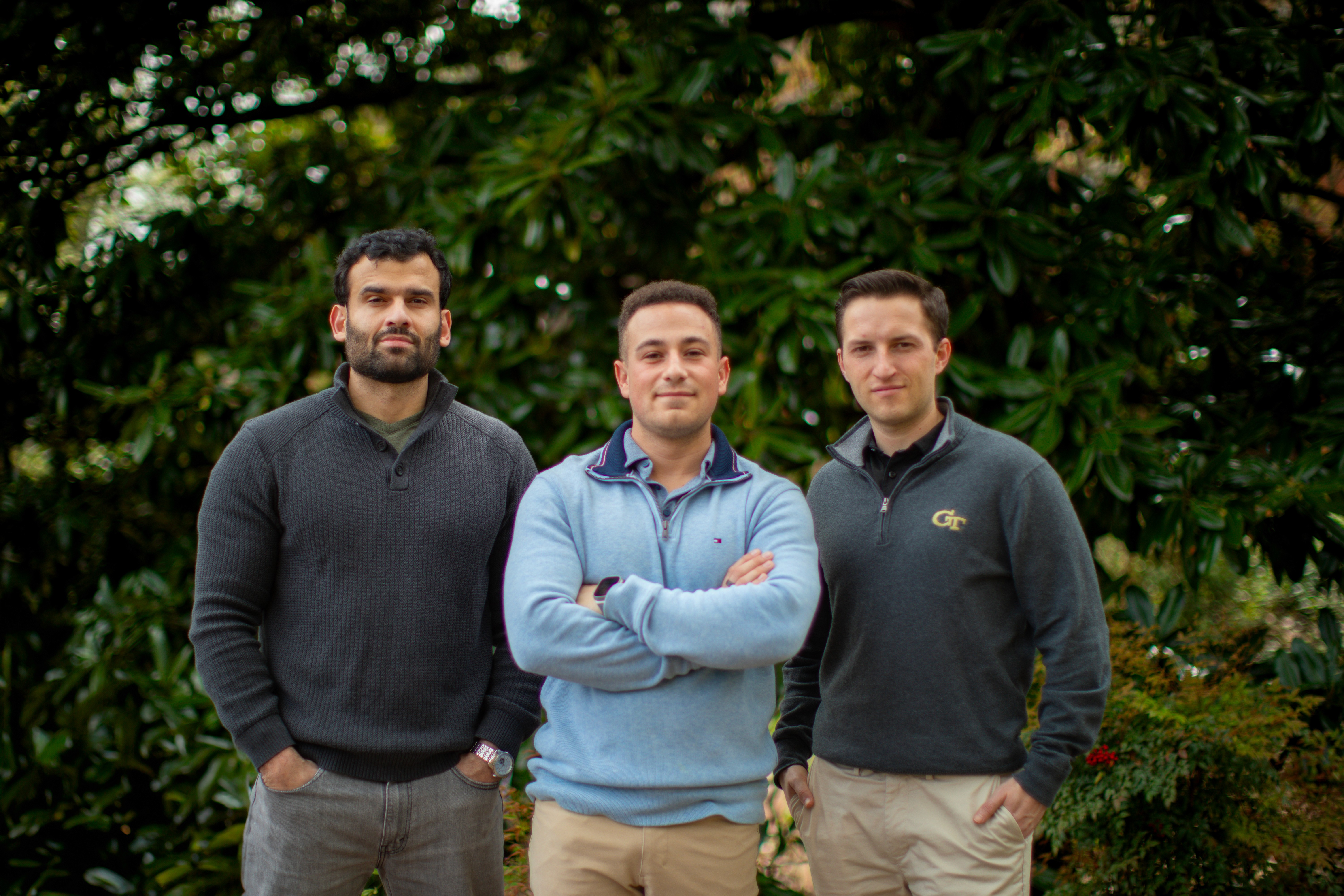Managing Type 1 Diabetes is more than following a plan—it’s about listening to your body, adapting to changes, and balancing medical advice with personal intuition. Learn how to become your own T1D expert.

Listening to Our Body's Diabetes Intuition
One of the most powerful skills we develop is learning to listen to our bodies. T1D forces us to pay attention to subtle signals—whether it’s feeling a high coming on or noticing the early signs of a low. This intuition allows us to make real-time decisions and adapt to what our body needs. Regardless of our typical management plans or best practices, there will always be unexpected moments in life that will require us to think fast and trust ourselves. Here are a few examples where paying attention to signals from your body might help:
Device Challenges
While devices like continuous glucose monitors (CGMs) offer incredible convenience, they aren’t infallible. Readings can sometimes be inaccurate due to compression lows, sensor errors, or delayed data. If something feels off, it’s important to double-check with a different device or use a fingerstick test. Understanding how our devices work—and knowing what to do if they fail—ensures we don’t rely solely on technology.
Social Interactions
In social settings, listening to our bodies means advocating for ourselves when we sense something is off. Whether it’s asking a friend to grab juice or stepping away to check our levels, these moments of self-care should never be a source of embarrassment. Strength comes from prioritizing our health.
Unknowns of Life
Sometimes, there are unknowns—like what exactly is in our food or how well we slept the night before—that affect our blood sugar. By paying attention to these lifestyle factors, we can build a better understanding of our patterns and learn to trust ourselves even more.
"I was on a walk with a friend and realized I'd forgotten my drink in the car. I had to sit down while my friend went exploring to find some sugar. I felt bad at the time, but honestly it made us closer and she understands what I'm going through more because of it."
Embracing the Learning Curve of Diabetes
Becoming an expert doesn’t happen overnight, and everyone's journey is unique. Managing T1D is a constant process of learning and adjusting. Whether it’s figuring out the right insulin-to-carb ratio or learning how exercise affects blood sugar, becoming our own expert means embracing the journey and being patient with ourselves.
Moments When the Learning Curve Feels Steep
When you are newly diagnosed, it can be one of the most difficult times. Everything is new, and learning how to manage your blood sugar effectively takes time and persistence.
Major life changes, like starting a new school, college, or even a career change, can introduce new challenges in managing diabetes. These transitions often require us to rethink our routines and adjust our management strategies.
Adapting to new devices, such as a new CGM or insulin pump, can also take time. Learning the ins and outs of new technology and trusting it in our daily management is part of the journey.
As we age, our hormones change, which can significantly affect how our body manages blood sugars. Staying adaptable and recognizing these shifts helps us navigate these changes with greater ease.
"Managing diabetes has been a part of my life virtually forever. It's something I just do, adjusting all the time based on how I feel"
Balancing Medical Advice and Personal Intuition
Doctors and diabetes educators are an essential part of our support team, but we often find ourselves balancing their advice with our own lived experience. Sometimes, the dosing plan our doctor recommends doesn’t feel right, or we know our body will react differently after a certain activity.
Becoming our own expert means finding the balance between medical guidance and personal intuition. If you feel like your medical guidance conflicts with your lived experience, do not be afraid to ask questions, seek additional support, or advocate for yourself when meeting with your care team.
Tips for Trusting Yourself
Use Tools That Support Your Intuition: Tools like GlucoSense can help track and visualize patterns, making it easier to connect the dots between lifestyle choices and blood sugar levels.
Learn from Others: Connect with people who have lived with T1D and learn from their experiences. Their insights can provide guidance and reassurance during challenging times.
Ask Questions: Don’t be afraid to ask your healthcare team questions or challenge recommendations if something doesn’t feel right. Your lived experience matters.
Practice Self-Reflection: Spend time reflecting on what’s working and what isn’t. Learning from past experiences helps us grow and adapt our approach.
Empowering Ourselves with GlucoSense
At GlucoSense, we believe that everyone living with T1D has the power to be their own expert. Here are three practical ways GlucoSense can help:
The GlucoScore: The GlucoScore is designed to match your intuition on how well you managed your day, giving you a score from 1 to 10. It helps validate your sense of how things are going, reinforcing your self-trust without any extra work.
Lifestyle Insights: GlucoSense provides personalized Lifestyle Insights that help connect the dots between your actions and their impact on your blood sugar. Whether it's understanding how different foods, activities, or sleep patterns affect your glucose, these insights empower you to make informed decisions.
Historical Trends: Historical trends ensure you don’t have to keep track of everything on your own. By presenting past data in an accessible way, GlucoSense makes it easier to identify patterns, understand what’s working, and make adjustments as needed.
Together, let’s embrace our intuition and live life beyond just managing diabetes. And remember, every small step forward is worth celebrating—those moments matter.
In our next article, we'll explore the mental load of T1D and why it's so important to celebrate the small wins along the way. Stay tuned for more insights, tips, and support from the T1D community.


